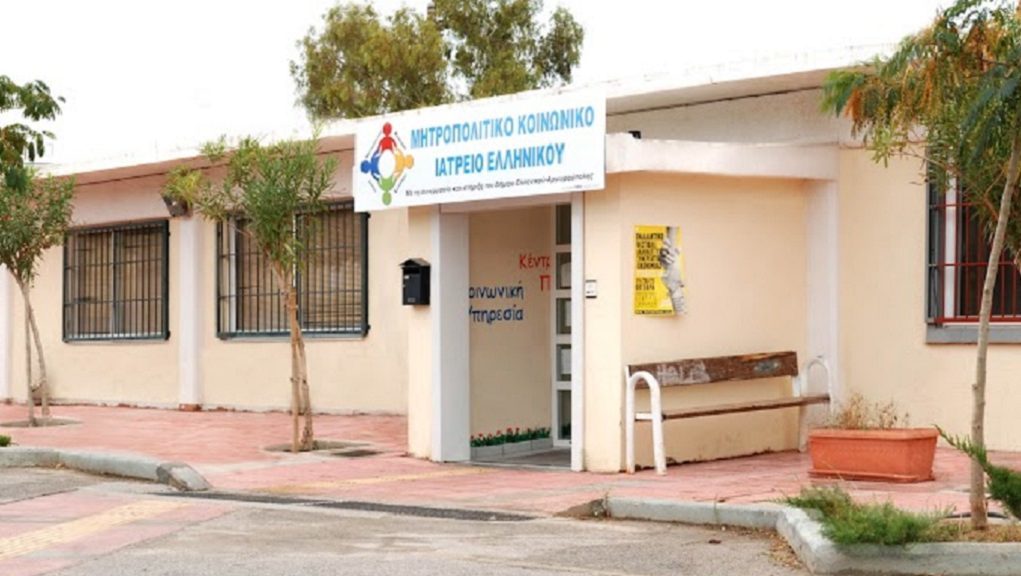Social Solidarity Clinics and Pharmacies
Solidarity clinics were set up during austerity by loose networks of doctors and volunteers who organized permanent health structures including pharmacies calling for people to donate medicines. Created from scratch, this broad network of clinics managed to respond effectively to the needs of thousands of uninsured people, both natives and migrants, while at the same time providing an alternative idea and practice of medical care, nonhierarchical, holistic and participatory.
The Metropolitan Community Clinic at Helliniko, or MCCH in short, was created in 2011 and provides free primary medical care and medication to all uninsured, unemployed and patients in need regardless of who they are or where they come from. The goal of the clinic is to serve people, but its volunteers have no illusion that they can replace the Greek national health care system (nor do they wish to). Volunteers are more than 200 including a growing number of doctors, dentists, pharmacists, therapists and support staff treating at times more than 100 patients per day. Moreover, MCCH provides psychological support, baby food and contributes to medicines recycling across teh country, all free of charge. All medicine and various items are donations from fellow citizens feeling the urge to stand by those in need during the economic crisis that everyone is going through [edited by OHG website here].
More information at: http://www.mkiellinikou.org/
Oral History groups
Oral History Groups (OHG) emerged as a movement throughout austerity with the participation of ordinary people and not just experts with the aim to collect oral testimonies and produce, disseminate and preserve history from below.The gathering of oral history is, for most of us, a charming journey to the lives of others that offers knowledge and experiences to the past, but also a reflection on their own lives and / or life itself. These may vary from one OHG to the other, addressing a neighborhood, a municipality or created as a collective effort of many OHGs targeting a wider community of people or issue. Their common goal – consciously or unconsciously – is to create an alternate narrative about the past, which is socially structured, alongside the new identities that are formed by the crisis. The members of OHGs are trained to meet international standards so that their interviews can be included in future organized public records.
More generally, in OHGs we do not only aim to collect primary historical sources, but also to write history outside the formal education and academic system and beyond the narratives reproduced by mainstream media. [edited by OHG website here]. More information about the Oral History Groups at http://oralhistorygroups.gr/
Open Lab, Solidarity Clinic and Oral History
The Oral History Group of MCCH was established in 2018 after a general assembly decision concerning the fatigue of volutneers and the search for possible future directions. The group is consisted by 13 volunteers of whom 3 are researchers familiar with qualitative methodologies (including Open Lab members). Since then, the group has been trained for the collection and preservation of oral histories from the social clinic’s volunteers and beneficiaries, has generated a questionnaire addressing issues of interest and concern, has collected more than 20 interviews and has produced short videos and other types of materials and proposals for the future of the clinic. Throughout this ongoing engagement, members of Open Lab have adopted a co-designed methodology informed both by our expertise and volunteers’ skills that generated a ‘third space’ of knowledge production.
